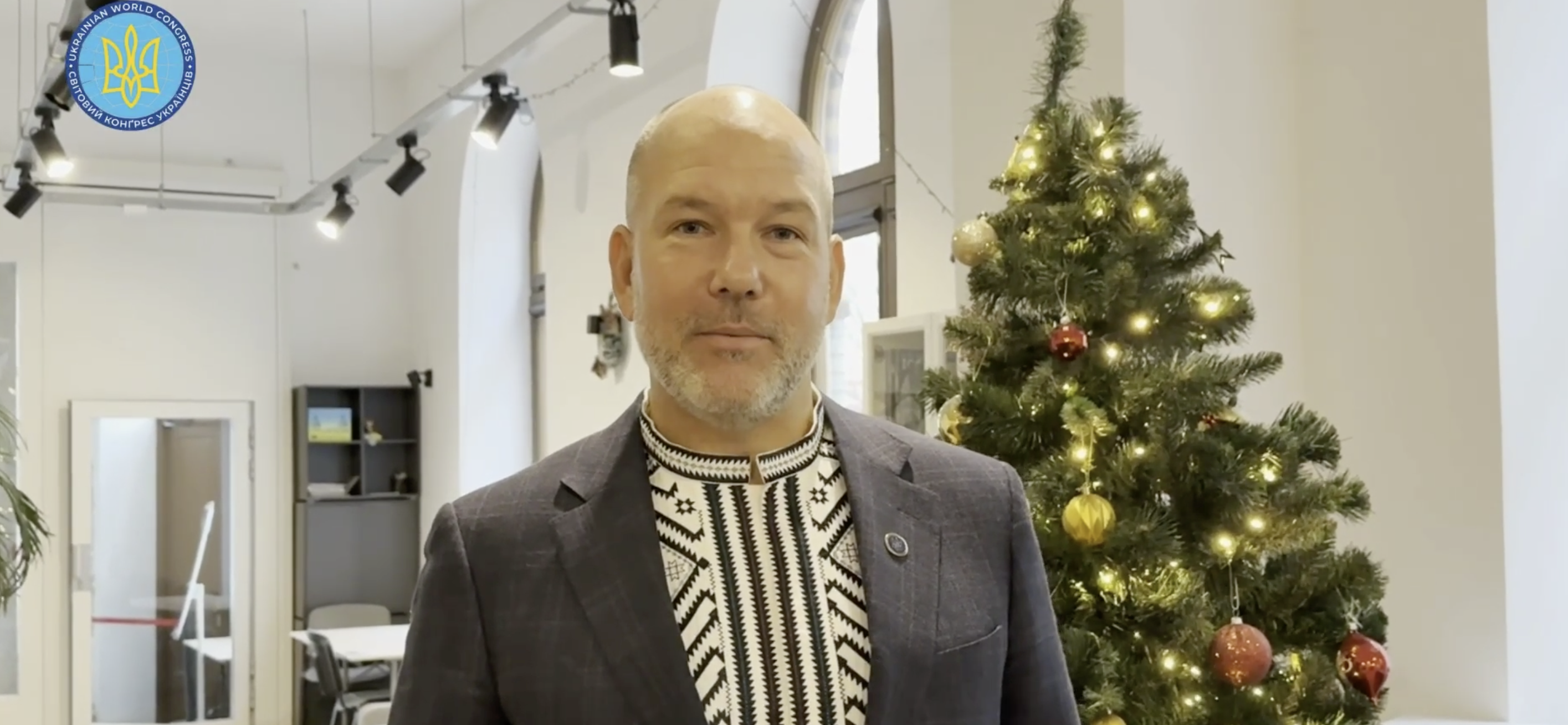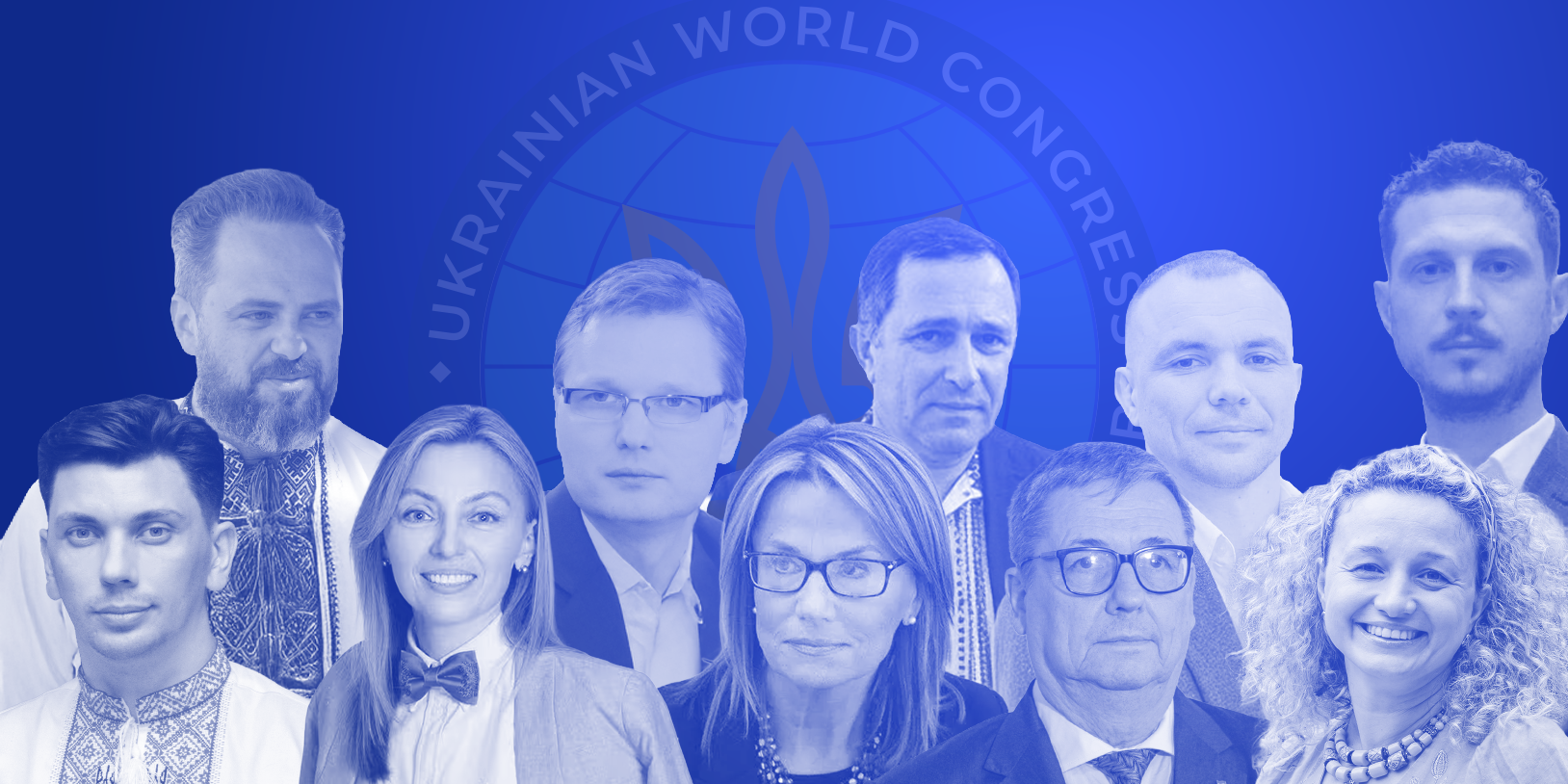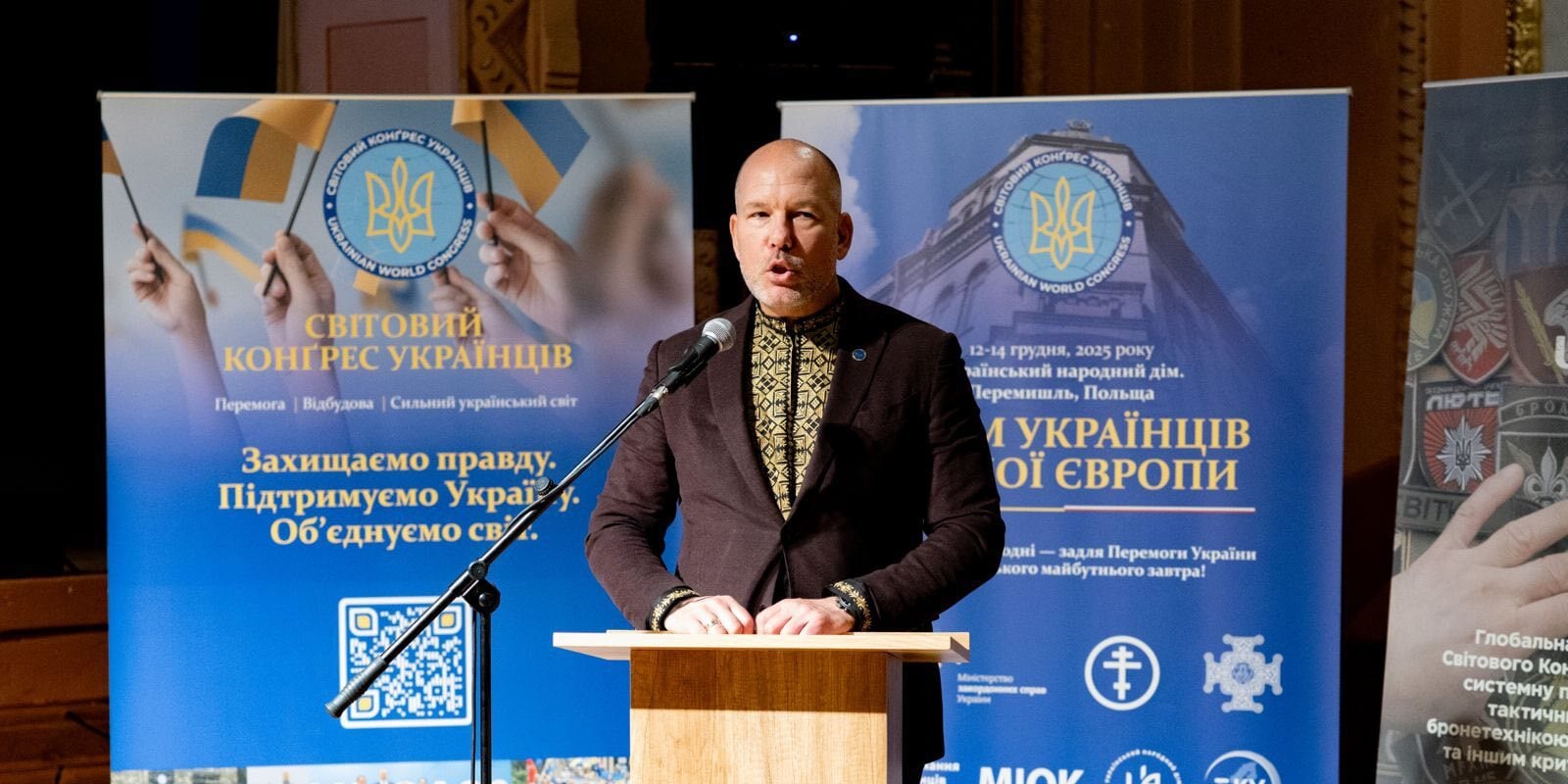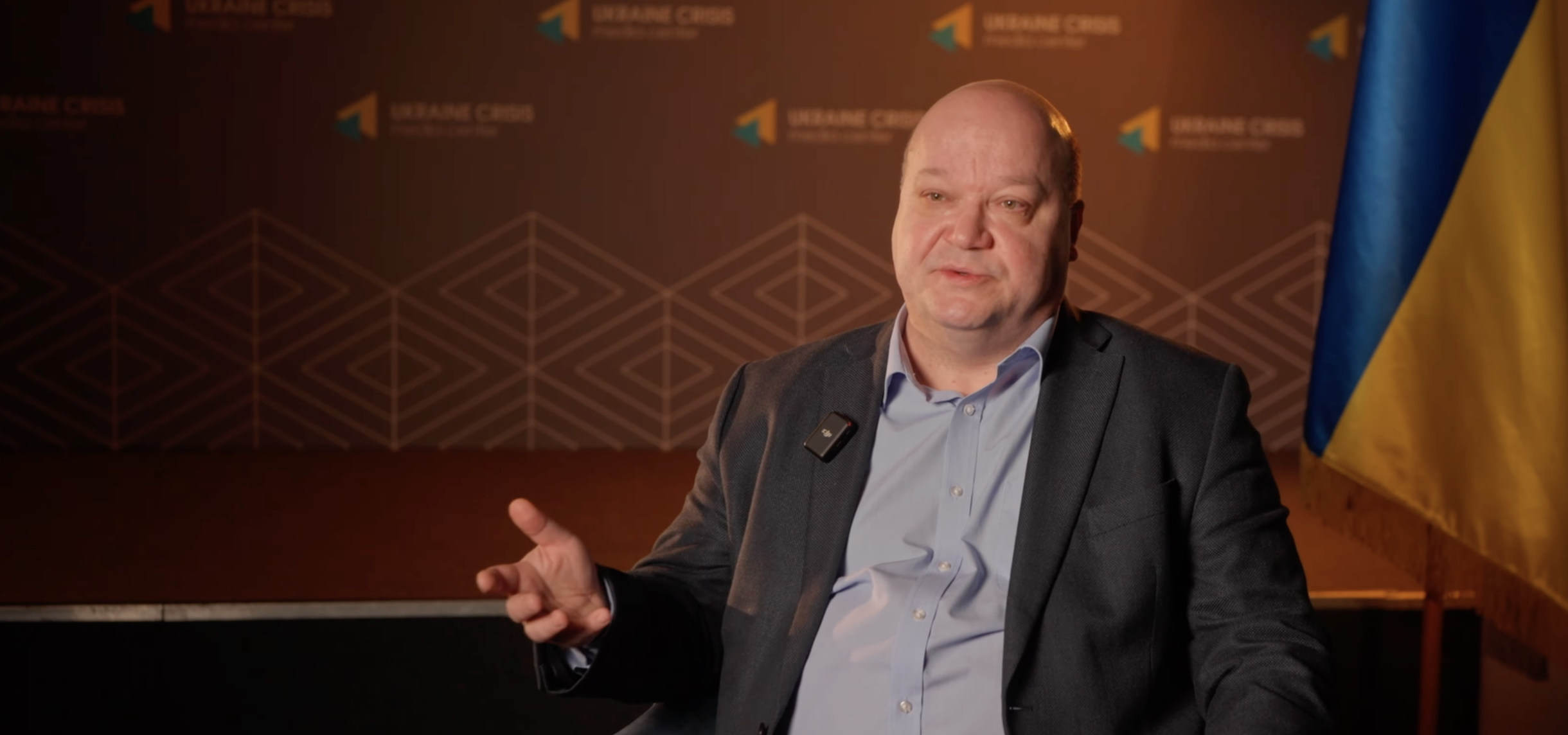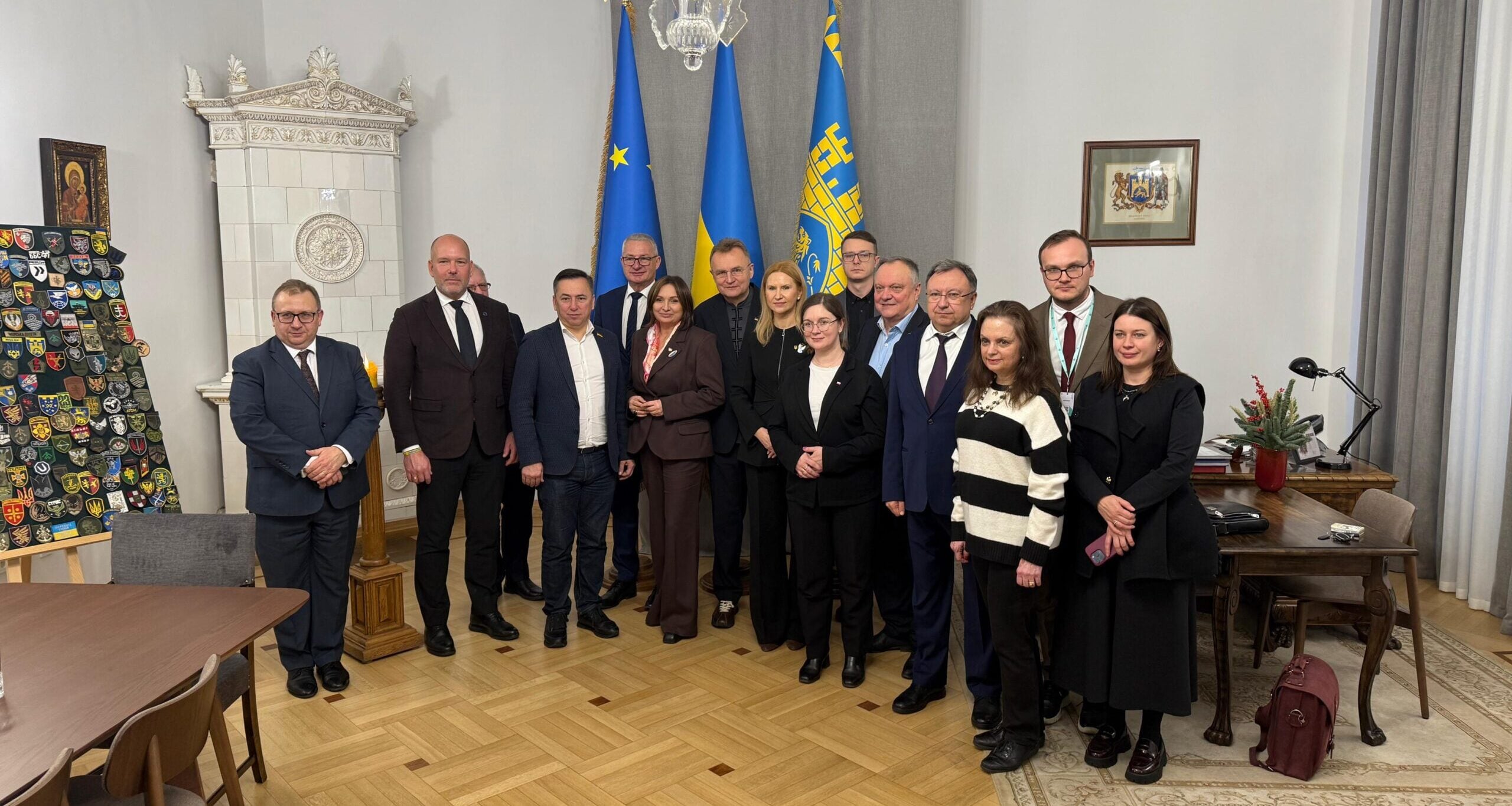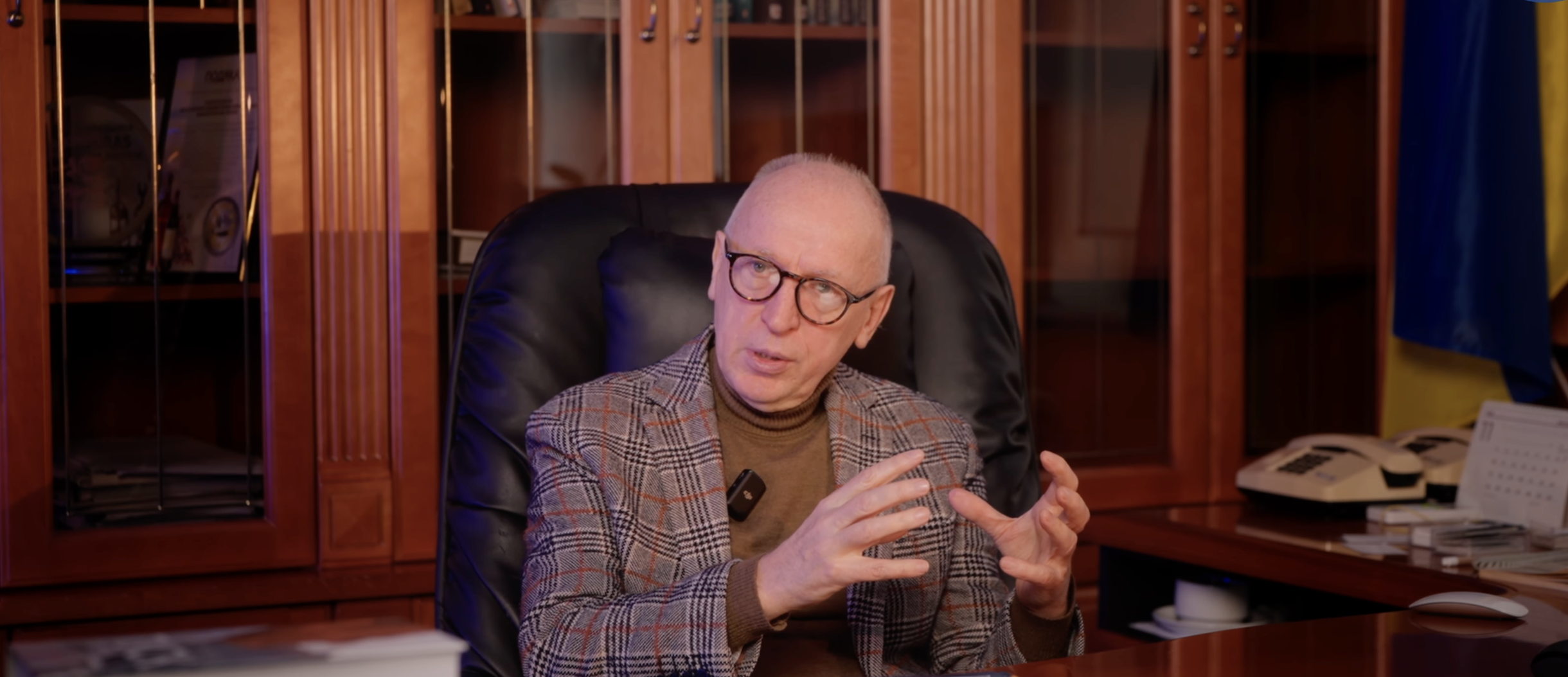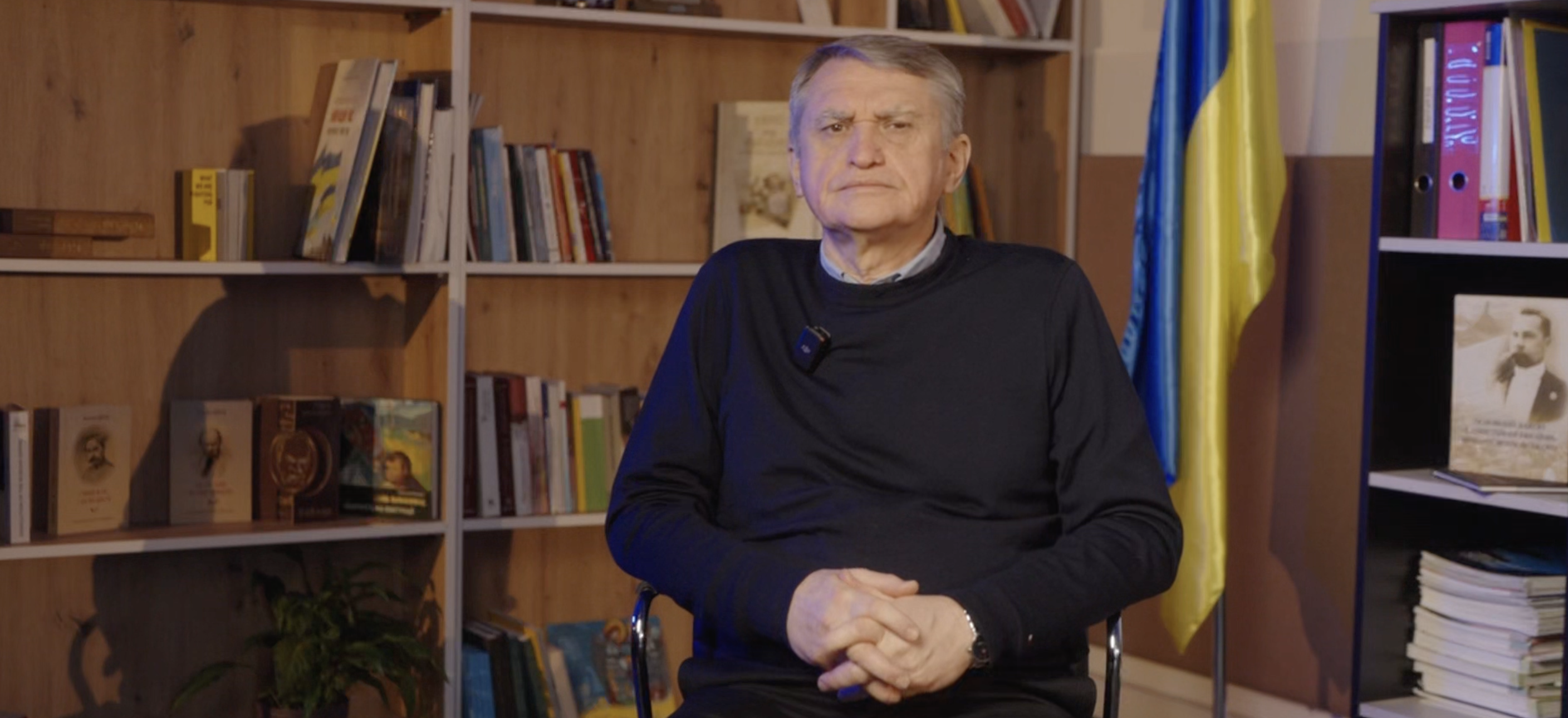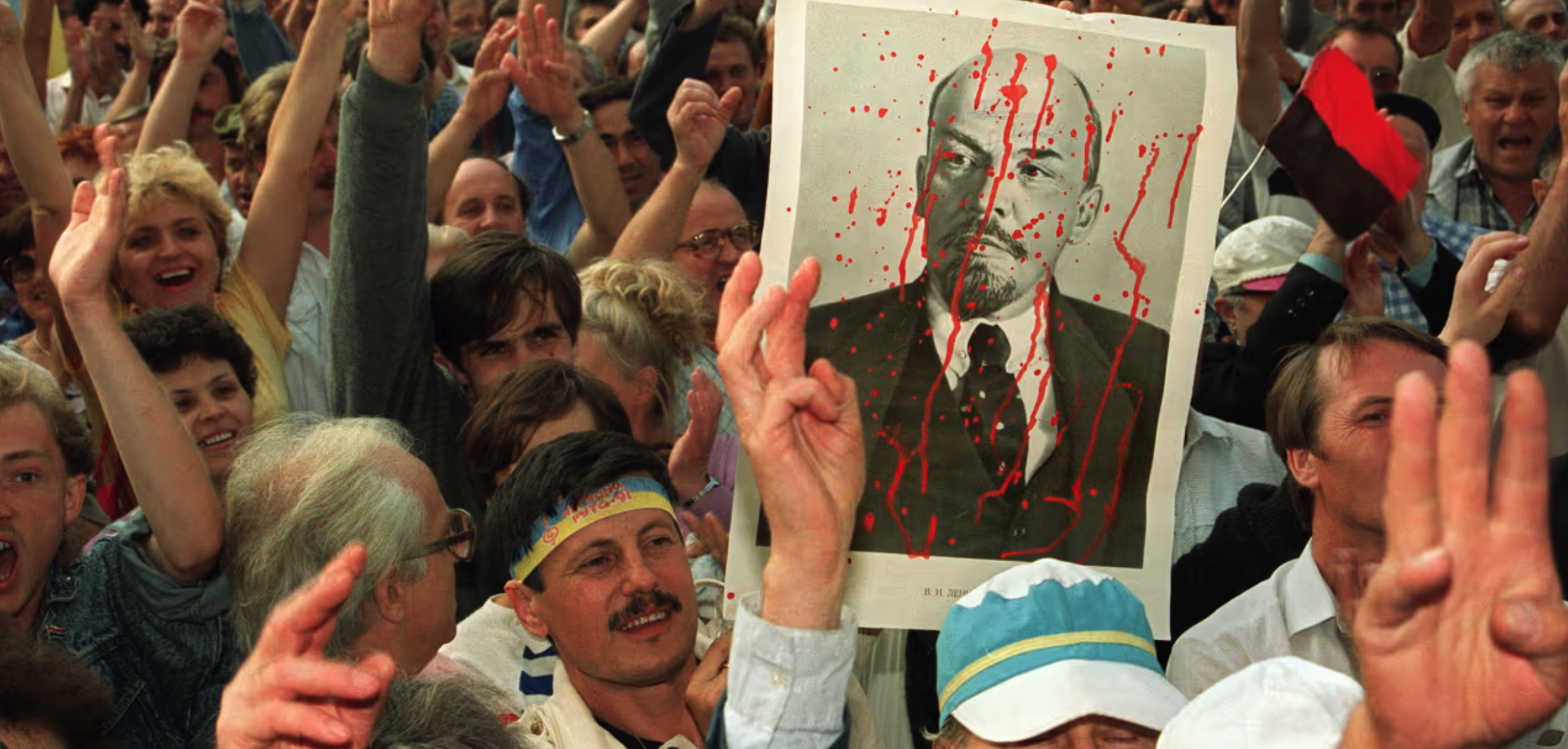

by Adrian Karatnycky, a Ukrainian historian and political scientist in the USA, Senior Research Fellow at the Atlantic Council, Co-Director of the Ukrainian Jewish Encounter Foundation, and President of Freedom House from 1994 to 2004.
Source: WSJ
The West long accepted the Soviet narrative that the country was indistinct. Our understanding of its culture and people is still incomplete.
Ukraine has never received as much attention as it does today. A few decades ago, the nation and its people were largely invisible, ignored by much of the West.
The Czech writer Milan Kundera wrote in 1983 that “one of the great European nations is slowly disappearing . . . without the world realizing it.” Kundera noted the gradual loss of a language, culture and people. Ironically, he relegated the observation to a footnote in his essay “The Tragedy of Central Europe.” At that time, the Soviet regime had been marginalizing the Ukrainian language and culture. It repressed thousands of Ukrainian patriots, placing many in prisons and labor camps.
The Soviet narrative that Ukraine didn’t exist echoed in Western discourse. In the U.S., Ukrainians and their aspirations to statehood received modest attention in the early stages of the Cold War, when the remnants of an armed resistance operated in western Ukraine. By the early 1960s, the question of Ukrainian independence was absent from serious American policy discussions. Anticommunist rhetoric fell out of fashion in liberal circles, and with the Soviet bloc under tight control, the cause of Ukrainians and other “captive nations” became the redoubt of aging émigrés. For a quarter-century, the subject largely disappeared from American media, save the occasional mention, often in conservative and centrist anticommunist periodicals.
In searching the New York Times’s archives between 1960 and 1985, I found that its coverage focused mainly on Ukrainian folk art, cuisine, and collaboration with the Nazis. Through such unbalanced emphasis, reporters unthinkingly conveyed Soviet propaganda that nationally conscious Ukrainians were the heirs of Nazi collaborators.
Articles paid scant attention to the Ukrainian language and depicted Ukrainian culture as the quaint folkways of a bygone rural society. Stalin’s man-made famine (1932-33), which killed millions of Ukrainians, was largely ignored. Ukrainian nationalism was described as the expression of “lingering feelings” of a dwindling minority.
Read the full text of the column at the link.
Cover: Anatoly Sarponenko/AFP via Getty Images
